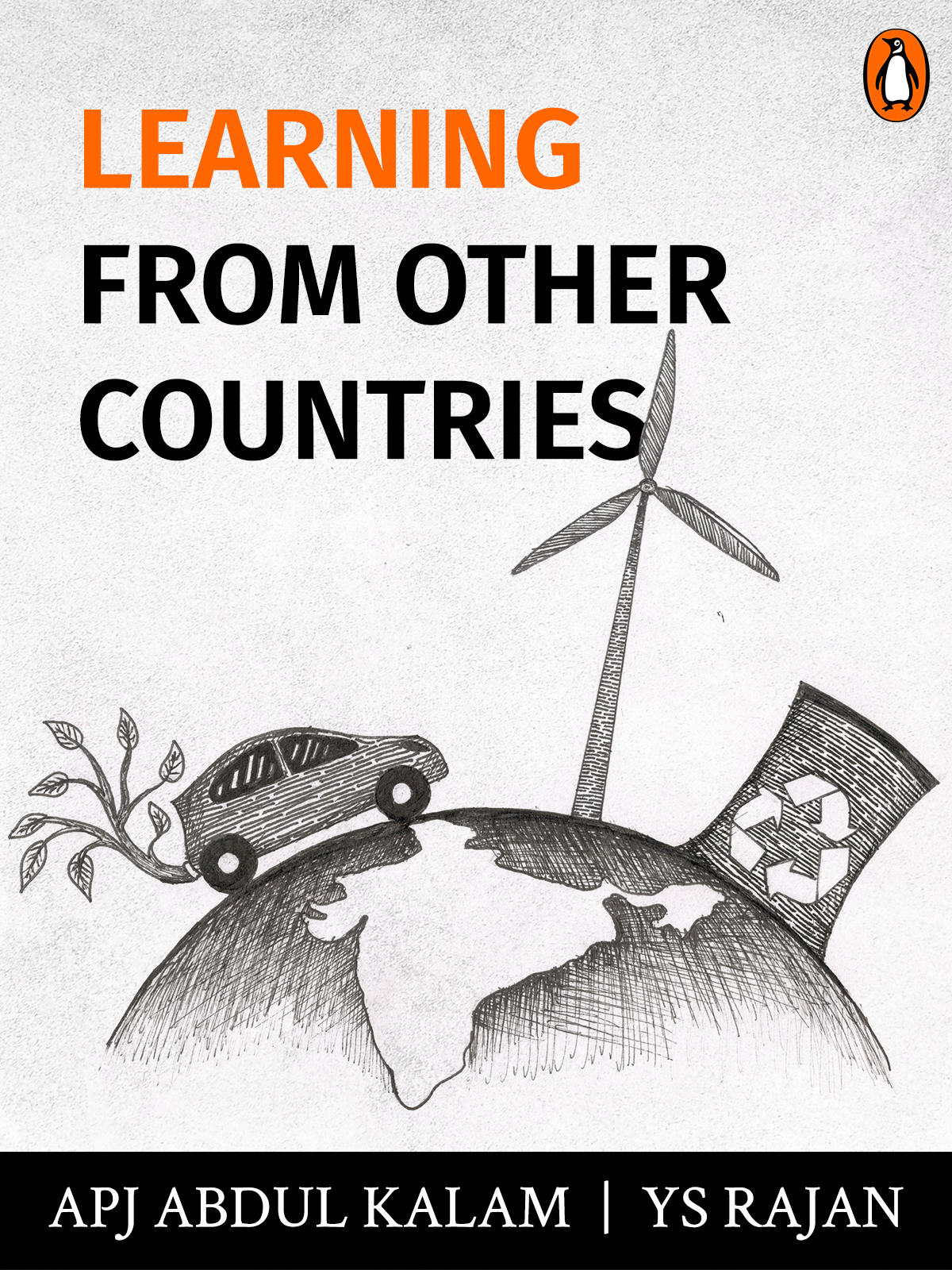
India has never been averse to welcoming ideas and people from outside. Over the years, it has assimilated many ideas, cultures and technologies—after shaping them to suit its genius and environment. However, somewhere down the line, over the course of our long history, we appear to have lost faith in ourselves. Moreover, we haven’t yet become bold enough to chart our own path.
In such a case, it is good to hear and see what other countries have done, and are doing—although conclusions about what is good for our country are to be shaped by our people. With this in mind, we should look at how the US, Malaysia, Japan, South Korea and some European countries have generated vision documents of their own.
In Learning from Other Countries, A.P.J. Abdul Kalam and Y.S. Rajan highlight the importance of seeking inspiration from other developed countries in order to walk the path of development ourselves.
Imprint: Penguin
Published: Nov/2018
Length : 19 Pages
MRP : ₹15.00
The Constitution of India came into effect on 26th January, 1950. As we celebrate India’s 72nd Republic Day, let’s dig deeper to understand the journey till this day in 1950, and our journey since then. Here is a list of books from various authors, including Abhinav Chandrachud, Ramachandra Guha, Khushwant Singh, Sagarika Ghosh, K.R. Narayanan […]
